Almost three million French tourists travel to the UK every year with the country’s vibrant cities, history and culture given as the top reasons for their trip.
And a recent survey has revealed a surprisingly positive view of their neighbour from French people – with one exception.
The French participants in the study were asked to rank 60 different countries based on several different topics – tourism, culture, people, exports, governance, immigration and investment.
So what did they say about the UK?
Bad food
French survey respondents placed British food at the very bottom of the list – in 60th place out of all 60 countries.
This is far lower than the UK’s average, which was 18th amongst the other nationalities interviewed.
In an interview with The Guardian about how the French feel about British food, the British comedian, Tatty Macleod, who was raised in France said “English food to [the French] is essentially fish and chips (…) they think of Brits as beer louts with unhealthy diets”.
This has been a longstanding feeling amongst the French – in 2018, another comedian, Al Murray, went across the Channel with the documentary series ‘Why does everyone hate the English?’
In France, he teamed up with radio host Antoine de Caunes, and when launching the programme, they conducted a small survey of several hundred viewers to find out the top 20 things the French ‘hate’ about the English.
There were a couple of food-related comments: “Their inability to cook” came in fourth place, the “lack of variety in their diet” took 11th place and “the fact that they put ketchup on everything” came in 12th place, according to a round-up by Ouest France.
It’s been suggested that many French people have bad memories of food they were given on school trips to the UK, often decades ago, and certainly bad food is a recurring theme in French films and TV shows about trips to the UK.
Worth visiting
Despite not having a taste for British cuisine, the French did have a positive view of UK tourism, placing the country 5th for both “vibrant city life and urban attractions” and for being “rich in historic buildings and monuments” in the IPSOS study.
According to Visit Britain, the UK welcomed 2.8 million tourists from France in 2022.
In the culture category in general, the French ranked the UK in third place out of all 60 countries.
One aspect of British culture that French people seem to really enjoy is the royal family.
In 2021, 6 million people in France watched the funeral of Prince Phillip, 4 million watched the Queen’s Diamond Jubilee in 2012 and the royal weddings of princes William and Harry attracted 9 and 8 million French viewers respectively.
Charles de Gaulle once remarked: “The French have a taste for princes, but they will always look abroad'”.
READ MORE: Why British royals are so popular in France
And in terms of visiting the UK, IPSOS’ findings are in line with previous data about where French people choose to go on holiday – the UK was the fourth most popular country among French people, as of 2019, according to Le Monde.
A 2021 study by Visit Britain also found that 10 percent of French people would pick the UK as their top global destination.
Moving to the UK
And there are plenty of French people who decide to make their stay a long-term or even permanent one.
The UK ranked in third place as of 2023 for French students to study abroad.
It also comes in third place – behind Switzerland and the US – for having the most French people living there.
After Brexit, over 240,000 French people applied for the EU settlement scheme in the UK from 2018 to 2021, and once applications were reviewed, approximately 130,000 received settled status and 93,100 received pre-settled status.
Among the French, London is sometimes nicknamed ‘France’s sixth city’ due to the number of French people living there.
Polite, well-mannered and funny
The French ranked Brits in 21st place for the question “If visited, people would make me feel very welcome”. This is an increase of two spots from the 2022 results.
When scouring the internet, British politeness does come up often in French clichés about the UK.
Ouest France reported that over a third (36 percent) of French people interviewed for Al Murray’s show “appreciated the politeness and good manners of the English.”
Three out of every 10 people also thought Brits had a good sense of humour – and Brits felt this way about themselves too.
In a 2009 survey exploring British views of the French, 71 percent of participants said that the French are ‘sexier’ than the British, but 80 percent said the British had a better sense of humour.
READ MORE: Do the French really have no sense of humour?
Driving on the left-side
And finally, to get a better idea of French opinions about Brits, The Local turned to Google.
We searched both anglais (English) and britanniques (British) because the French do have a bit of a tendency to mix them up and refer to all inhabitants of the UK (and sometimes even the Irish) with the sweeping les anglais.
The first suggested response had to do with driving on the left-side of the road, which also popped up in the survey by ‘Why does everyone hate the English?’ as the number 1 thing the French ‘hate’ about the British.
READ MORE: Tea and Dordogne: How do the French perceive the Brits?

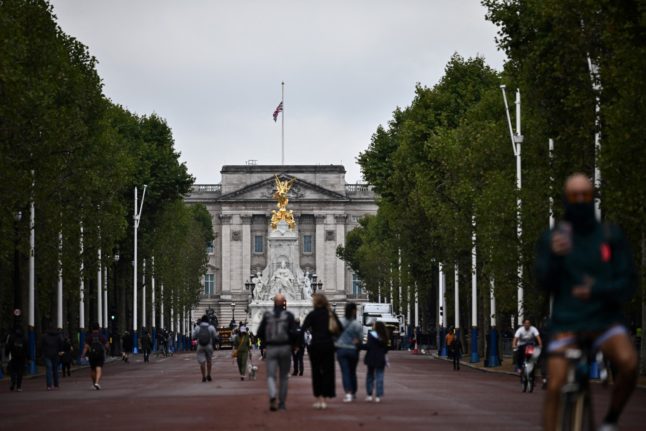
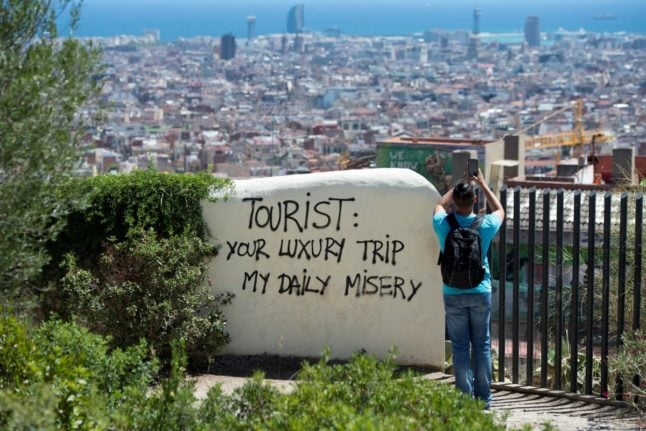
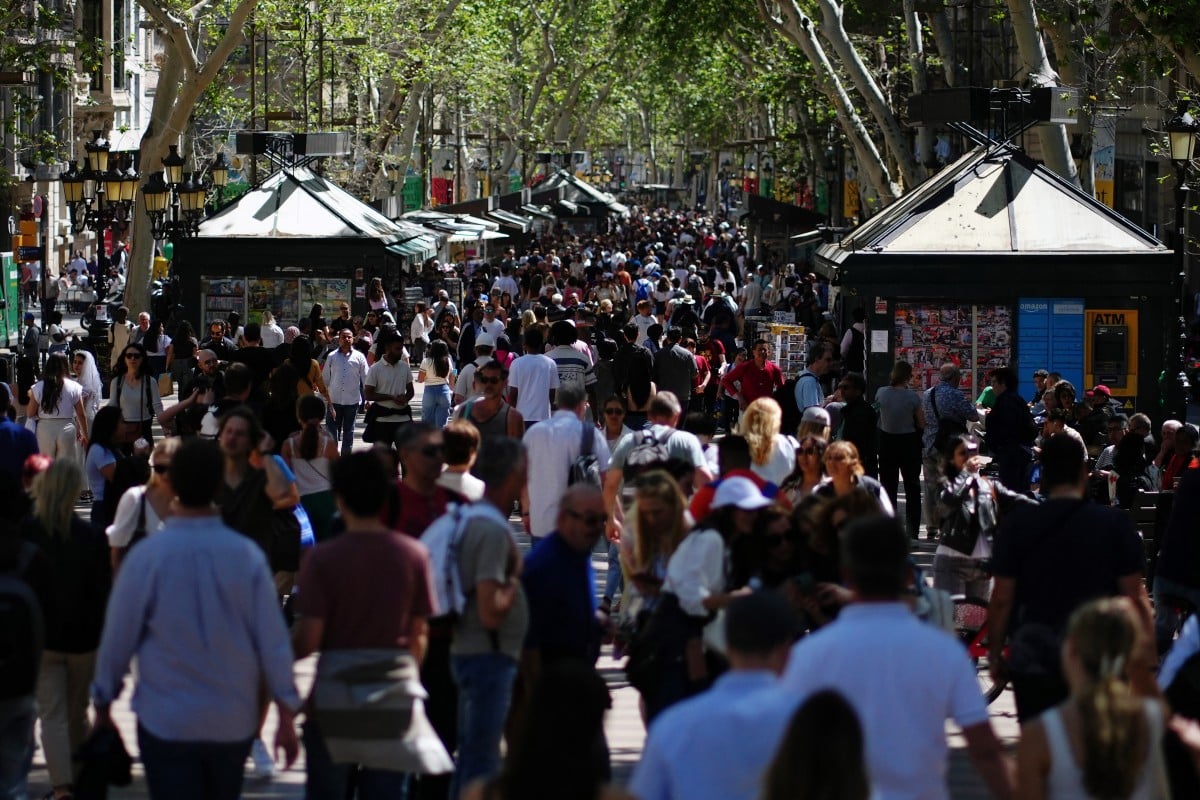
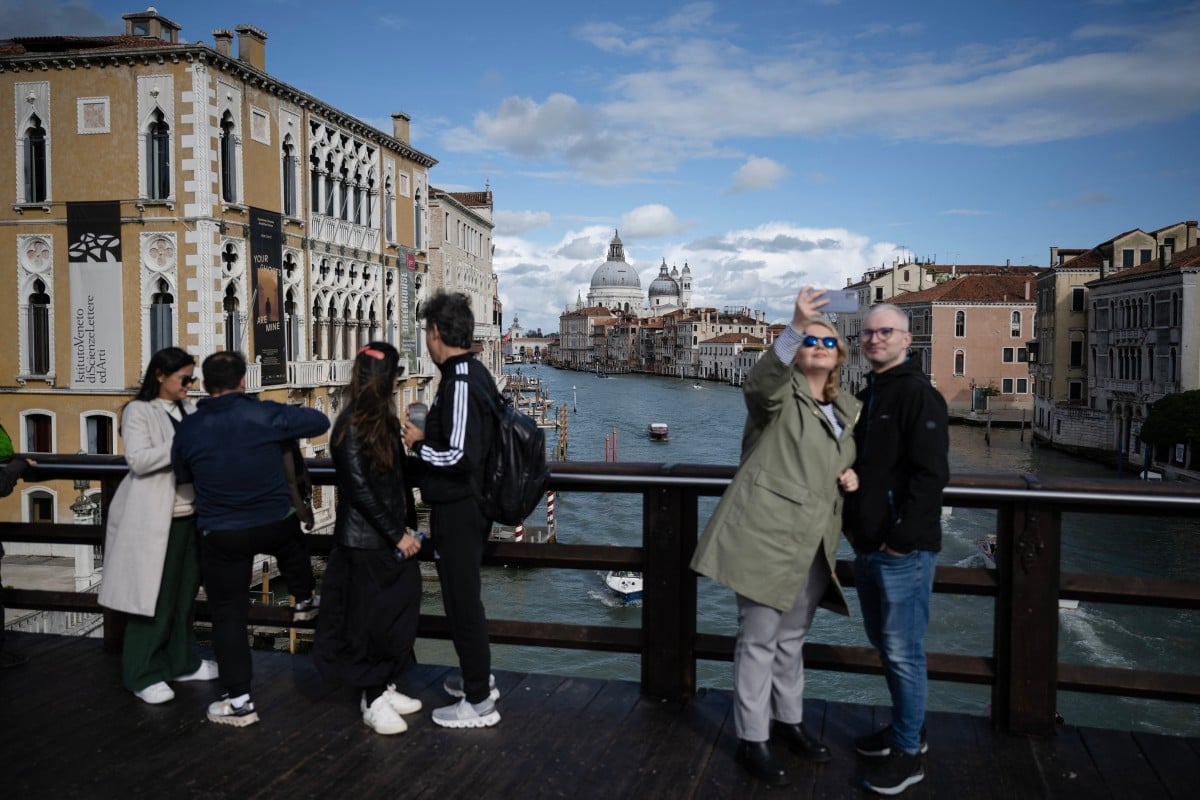
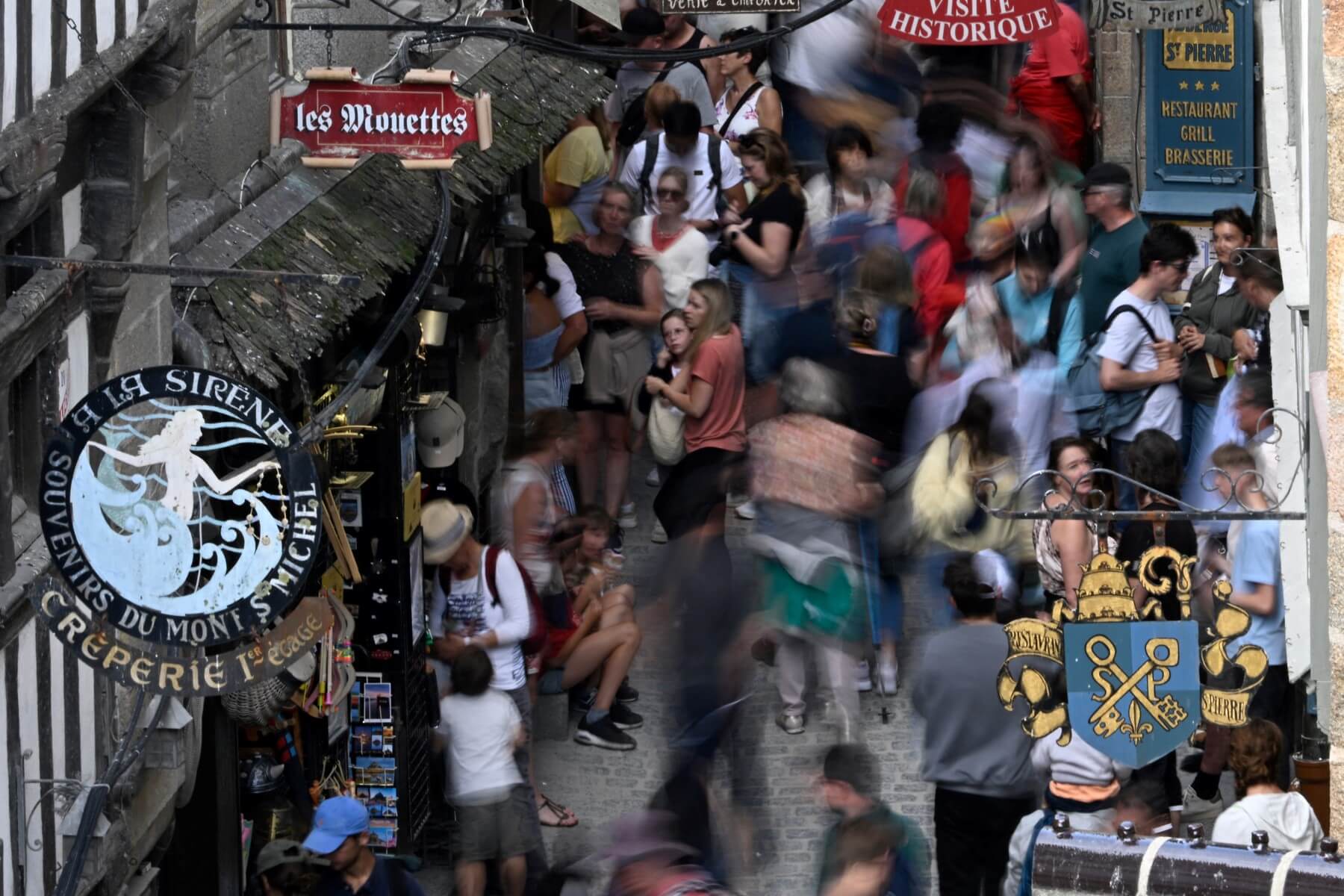
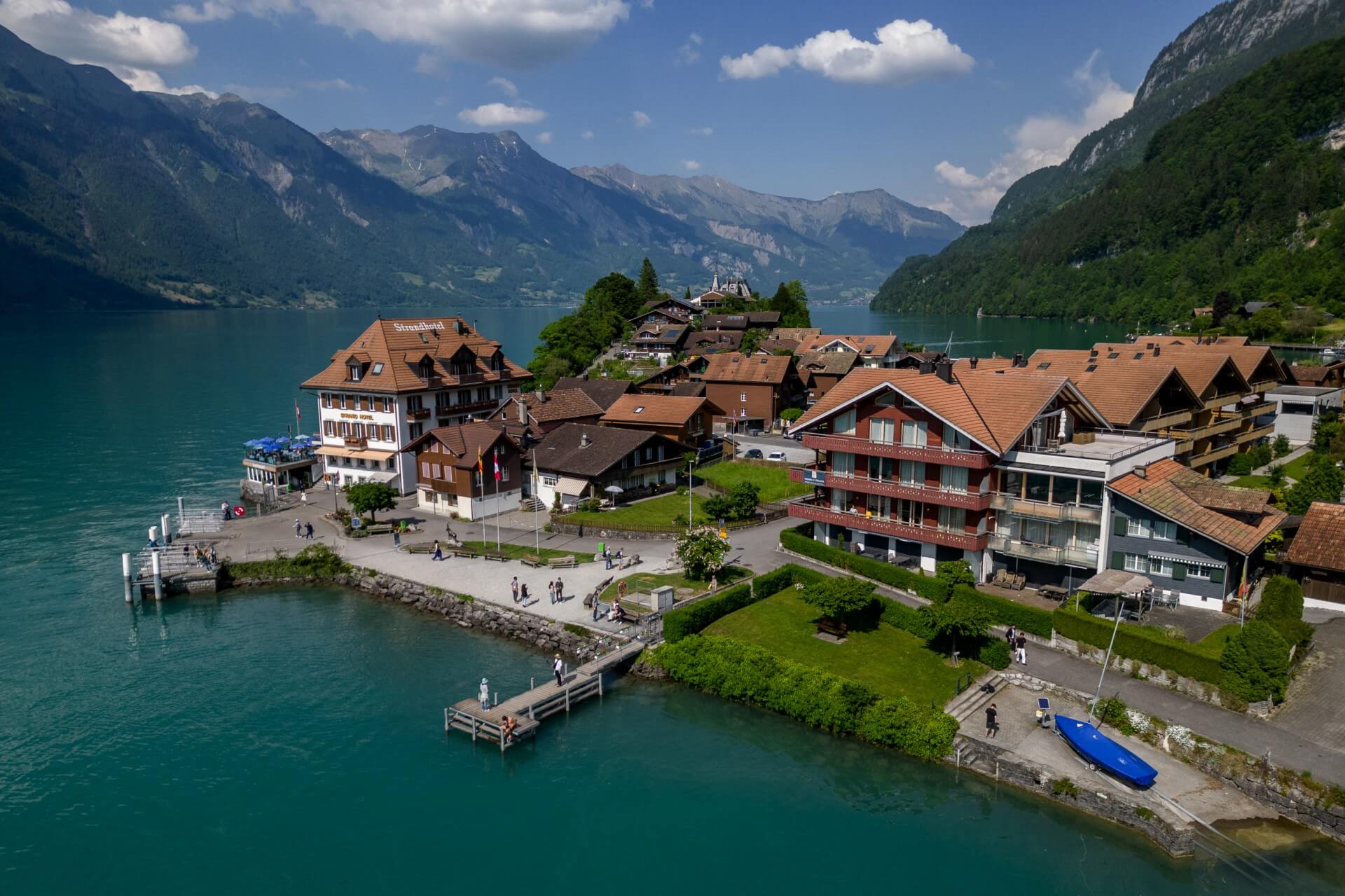
 Please whitelist us to continue reading.
Please whitelist us to continue reading.
Member comments